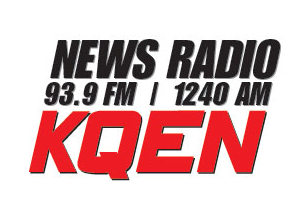August 21, 2019 10:00 a.m.
Staff with the North Umpqua Ranger District will hold a public meeting to answer questions regarding the Draft Environmental Impact Statement for the Calf-Copeland Restoration Project, next week.
A release from the Umpqua National Forest said Forest Service representatives will make a presentation Tuesday August 27th from 5:30 p.m. to 7:00 p.m. at the Glide Community Center. They will be available afterwards to discuss the project, answer questions, and provide information about how to comment on the DEIS.
The release said the Forest Service will accept comments on the statement for 45 days following publication of the Notice of Availability in the Federal Register, which is the exclusive means for calculating the comment period. The NOA was published on August 16th.
The Calf-Copeland Restoration Project is designed to improve landscape resiliency in the event of wildfires, preserve old-growth forest habitat, and save centuries-old ponderosa and sugar pine. Fuels reduction activities around the private inholdings in the Dry Creek area, are also proposed to provide protection to the homes and community there. The project includes improvement to aquatic habitat through the placement of logs in Calf Creek, and the repair of 2 small wetlands. Approximately 27 miles of motorized road and trail access is planned for modification to address issues with aquatic habitat and water quality as well.
North District Ranger Sherri Chambers said “the clock is ticking and there is now an urgent need to begin fire risk-reduction and legacy line protection in this planning area”. She said the agency believes the Calf-Copeland restoration project includes the types of fire-resiliency treatments that area communities have been asking for. She said they are anxious to share their progress with the public and hear what they have to say.
The release said the Umpqua North Complex Fire burned through most of the planning area in 2017, highlighting the need for restoration as many of the pine intended for restoration were lost due to the over-abundance of surrounding fuels with additional trees still succumbing to post-fire insects.
To learn more about the Calf Copeland Restoration Project go to https://www.fs.usda.gov/project/?project=46990.
—30—
(541) 673-4464
